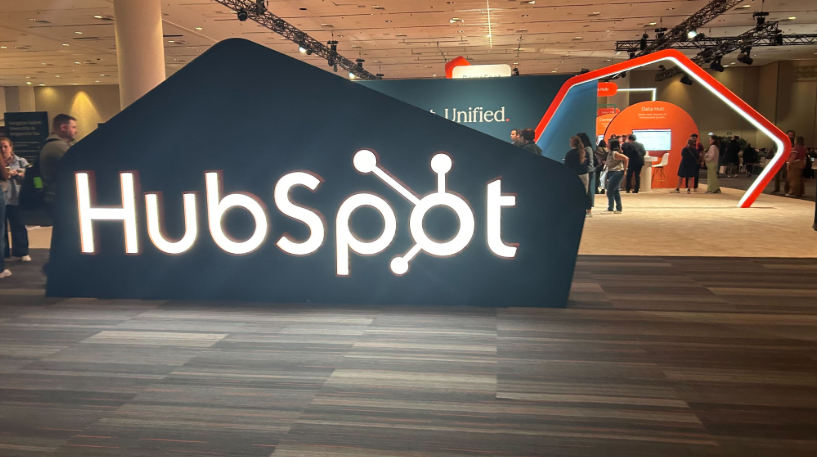Introduction
Account-Based Marketing (ABM) has matured into a standard practice for targeting high-value customers. Now, sales enablement is embracing account-based models, creating personalized playbooks for each client. This approach aligns marketing and sales around shared account strategies, enhancing relevance and impact.
Why It Matters for B2B
In enterprise deals, buying decisions are made by committees, not individuals. Each stakeholder has unique concerns. Generic messaging fails to resonate. Personalized engagement tailored to each decision-maker builds credibility and momentum.
What Account-Based Sales Enablement Includes
- Custom playbooks outlining value propositions for each stakeholder.
- Stakeholder mapping to identify champions and detractors.
- Content personalization with case studies and ROI calculators by industry.
- Journey analytics to track engagement across touchpoints.
Strategic Recommendations
- Co-create playbooks with marketing and sales working together.
- Use technology platforms to manage and distribute playbooks at scale.
- Measure success in terms of account-level engagement, not just campaign metrics.
Risks and Challenges
Personalization takes time and resources. Over-customization can dilute scalability. Leaders must strike the right balance.
Conclusion
Account-based enablement is the next evolution of sales strategy. By tailoring engagement to each account’s unique context, B2B organizations can accelerate deal velocity and improve win rates.






